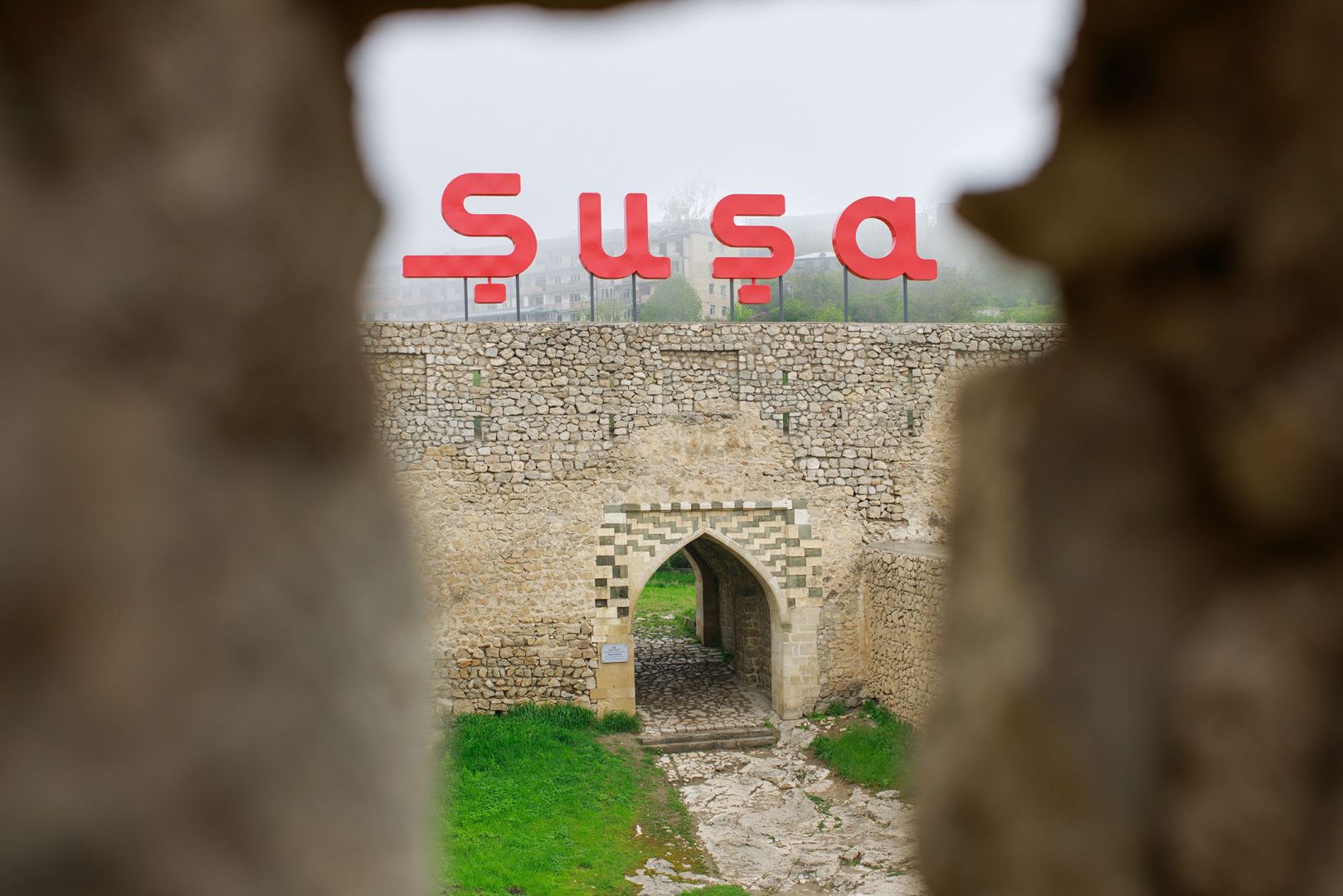Turning loss into legacy: Azerbaijan’s landmark step in quantifying cost of war

By any measure, the consequences of war defy easy calculation. How do we account for years lost, homes destroyed, or futures displaced? And yet, to move forward, a country must take stock of what has been endured. In this spirit, Azerbaijan has undertaken a remarkable and precedent-setting endeavour: the creation of a national methodology to quantify the vast and varied damage caused by decades of military aggression and occupation.
Under a decree by President Ilham Aliyev, a State Commission led by the Minister of Finance has worked rigorously to assess the toll of Armenia’s long-term occupation of Azerbaijani territories. This initiative, far from a routine audit, represents a powerful statement of resilience and sovereignty. It asserts the right of a nation to document its suffering with precision, dignity, and clarity.
Professor Nazim Müzəffərli, Director of the Institute of Economics under the Ministry of Science and Education, revealed the scale and sophistication of this effort. What emerged was not merely an economic evaluation, but a comprehensive, multidisciplinary approach encompassing everything from state and private property losses to human casualties, forced displacement, ecological degradation, and cultural destruction.
This was never going to be a simple task. War does not leave tidy receipts. It tears at the fabric of society, scattering its impact across generations and geographies. To meet this challenge, Azerbaijani economists, legal scholars, and forensic experts collaborated to craft a methodology that is as innovative as it is meticulous. The result? A landmark assessment estimating that Armenia’s decades-long occupation inflicted damages totaling over 250 billion manats, or approximately $150 billion.
Yet this figure is more than a statistic—it is a narrative. Embedded within it are the lives of farmers unable to tend to ancestral lands, artists separated from cultural treasures, communities denied the right to prosper in peace. It speaks not only to what was taken but also to what was interrupted: development, opportunity, normalcy.
Importantly, this methodology also sets a new standard for post-conflict recovery efforts worldwide. In a time when the aftermath of occupation is too often left to guesswork or generalized estimates, Azerbaijan has shown that a deliberate, data-driven process can illuminate the full picture. The inclusion of environmental damage and cultural heritage loss alongside more traditional economic metrics reflects a deep understanding that war alters more than balance sheets—it reshapes identity, memory, and landscape.
There is another quiet strength in this endeavor: its alignment with international legal norms. As Professor Müzəffərli notes, the right to claim damages for military aggression lies squarely with the occupied party. By building its case on evidence, legal rigor, and methodological transparency, Azerbaijan is not only honoring that right—it is strengthening it. In doing so, it contributes to a more just and accountable global order.
But perhaps most significantly, this process reflects a national maturity that looks beyond the pain of the past toward a future built on documentation, not devastation. It does not dwell on grievance for grievance’s sake. Instead, it seeks to preserve history while preparing for healing—ensuring that the scars of occupation are neither forgotten nor repeated.
In today’s world, where headlines often highlight division and conflict, Azerbaijan’s initiative offers a different kind of example. It shows that even the gravest losses can be honored through the steady work of truth-finding and record-keeping. It affirms that dignity can be reclaimed not only on battlefields or in diplomatic forums, but also in data, reports, and collective memory.
Azerbaijan has taken a bold and necessary step, one that transforms loss into legacy, and pain into purpose. In doing so, it reminds us that recovery is not only about rebuilding roads or repopulating villages—it is also about reclaiming the story. And Azerbaijan is now telling that story, clearly and credibly, for the world to hear.
Here we are to serve you with news right now. It does not cost much, but worth your attention.
Choose to support open, independent, quality journalism and subscribe on a monthly basis.
By subscribing to our online newspaper, you can have full digital access to all news, analysis, and much more.
You can also follow AzerNEWS on Twitter @AzerNewsAz or Facebook @AzerNewsNewspaper
Thank you!

